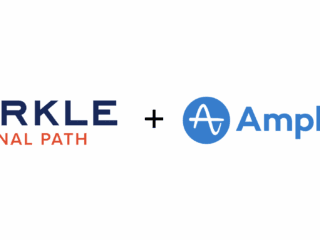A few months ago JohnH handed me a report by Rubicon titled “Online Communities and Their Impact on Business“. In this report Rubicon 3000 web users, asking about their how they Given my fascination with how online communities grow, I tore through it and was pleasantly surprised to find that it confirmed a bunch of observations that I had made having spent years reading and contributing to web forums. They observed that many communities operate interlinked, that the most frequent contributors (MFC‘s) of one type of community were not the MFC‘s of another, and that these contributors had a major impact on the opinions of more passive observers. But the best part lay in a metaphor the report used: they called communities a “performance”, where the sites organizers interact with a small group of performers who put on a show for everyone else. MFC‘s are a small set of “performers”—a mere 10% of users—before an engaged audience, and a rich opportunity for active engagement with a potential fanbase.
The three mistakes of the 90:10 principle.
As noted by the Rubicon report, it is a mistake to assume that the small audience of MFC‘s doesn’t represent a meaningful enough audience base to serve as something to invest in. The performers might be a small group, but their reach is large. Rubicon found that most people online trusted the opinions of other people online more than third party reviews, or even first part information. They note that “more than 60% of young people said they were strongly influenced by online information, compare to less than 40% of web users over 40.” Expect this trend to equalize, however, as the “web generation” matures.
The second mistake was that lurkers in one community are lurkers in other communities. And more importantly, for any particular community some lurkers may actually be MFC‘s in other communities. Take for example a forum I belong to, which is split into several separate communities. The MFC‘s of one community may never post in another, but when the topic of the other community comes up, they know all of the drama, content deemed valuable, and community references. Lurkers of one community may actually be very very valuable as conduits into other communities.
Finally, an issue that is barely touched upon at all by the Rubcon report, is the mistake in thinking that lurkers do not want to contribute. Much like with the second mistake, the assumption being made here is that what is preventing lurkers from contributing is a lack of desire to do so. Lurkers do contribute, though not as often. There are many reasons, but one is that feelings of inadequacy may prevent engagement. One forum I studied several years back had an artistic feature which was filled with so many amazingly talented people that new members felt that their work was too sub par to be contributed. They attempted to deal with this by introducing a new feature where quality art was discouraged, favoring instead humor. By actively discouraging great production values, the engagement rates skyrocketed. The lurkers, it ended up, wanted to contribute, but needed a platform from which to contribute that not only did not demand quality art, but also actively promoted poor production values.
Next: Part 2 – Who are the MFC‘s?












